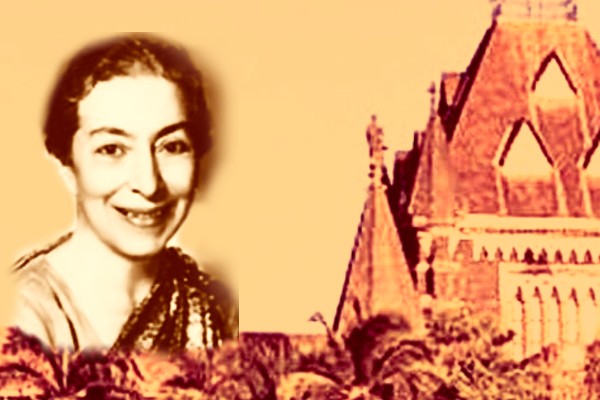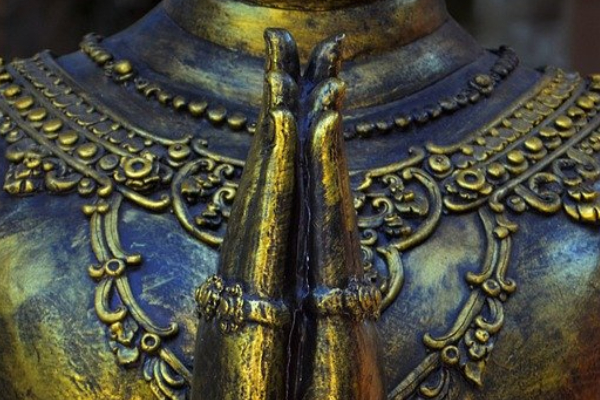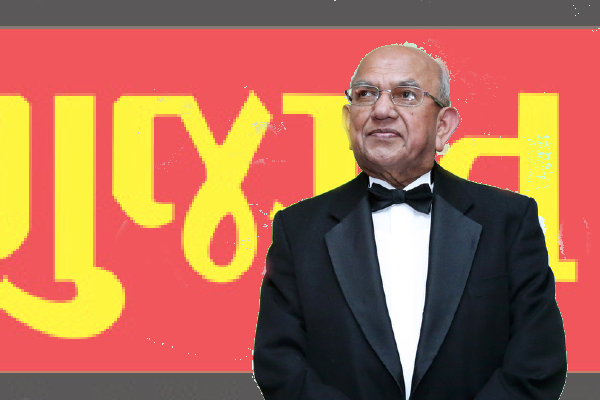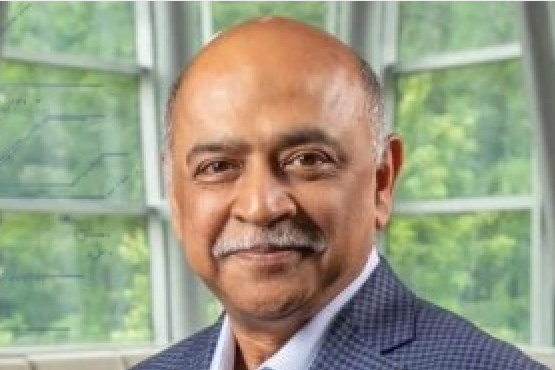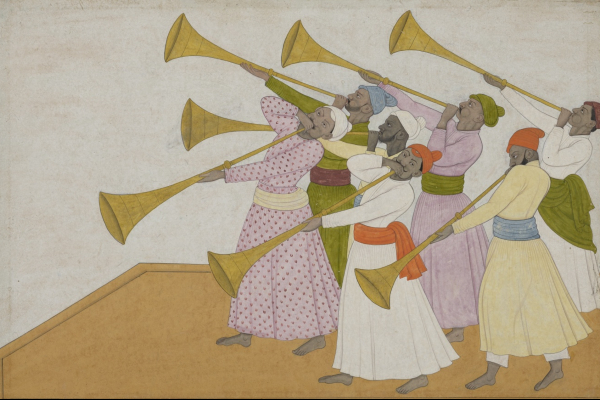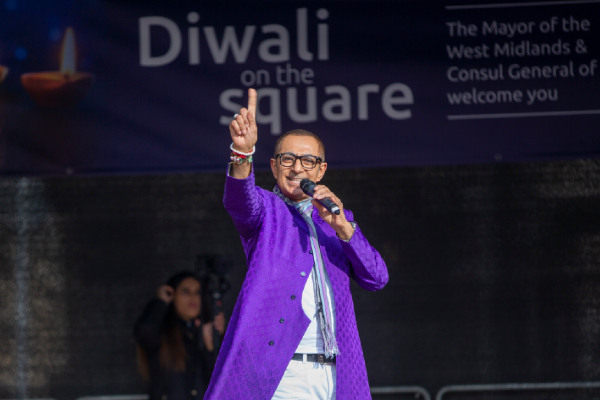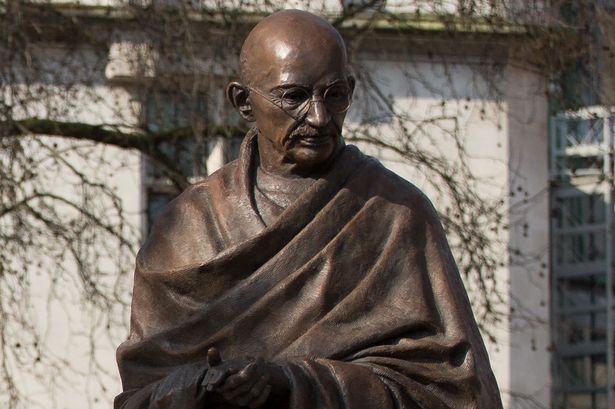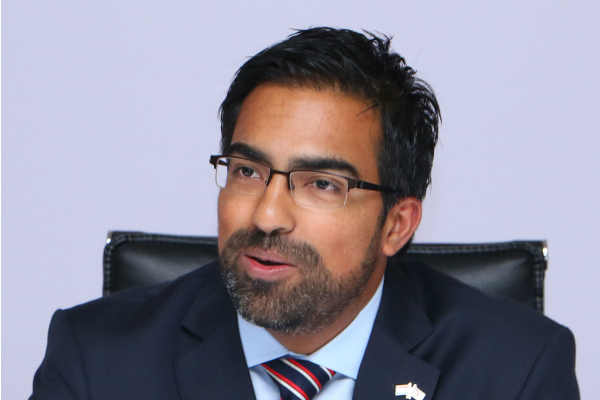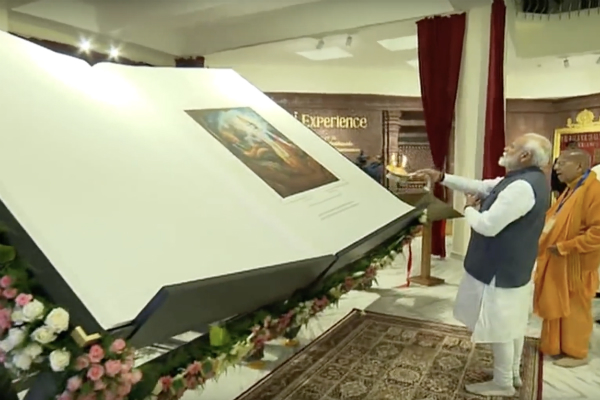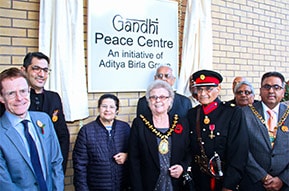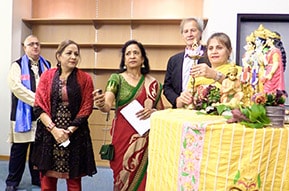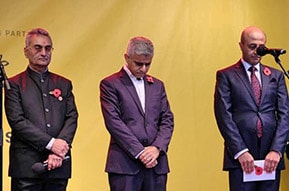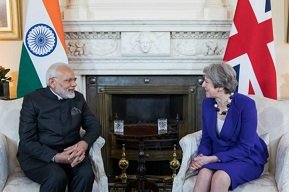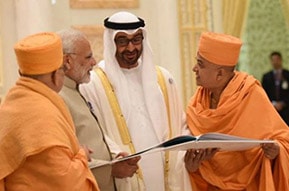Navigating Religious Tensions: Sadhguru's Call for Peace, Unity, and Spiritual Understanding During Durga Puja Attacks in Bangladesh
Religious conflicts between Bangladesh's Hindu and Islamic populations have recently reached a worrying apex. Attacks on idols during Durga Puja, one of Hinduism's most important holidays, stirred anger and raised concerns about growing violence. This incident not only upset the Hindu community, but it also exposed larger societal issues of religious intolerance. Sadhguru, a renowned spiritual leader, responded to these tragedies with a message that is both profound and contemporary. He discussed the cultural, spiritual, and societal implications of these atrocities, emphasising the significance of overcoming religious violence through unity and spiritual understanding.
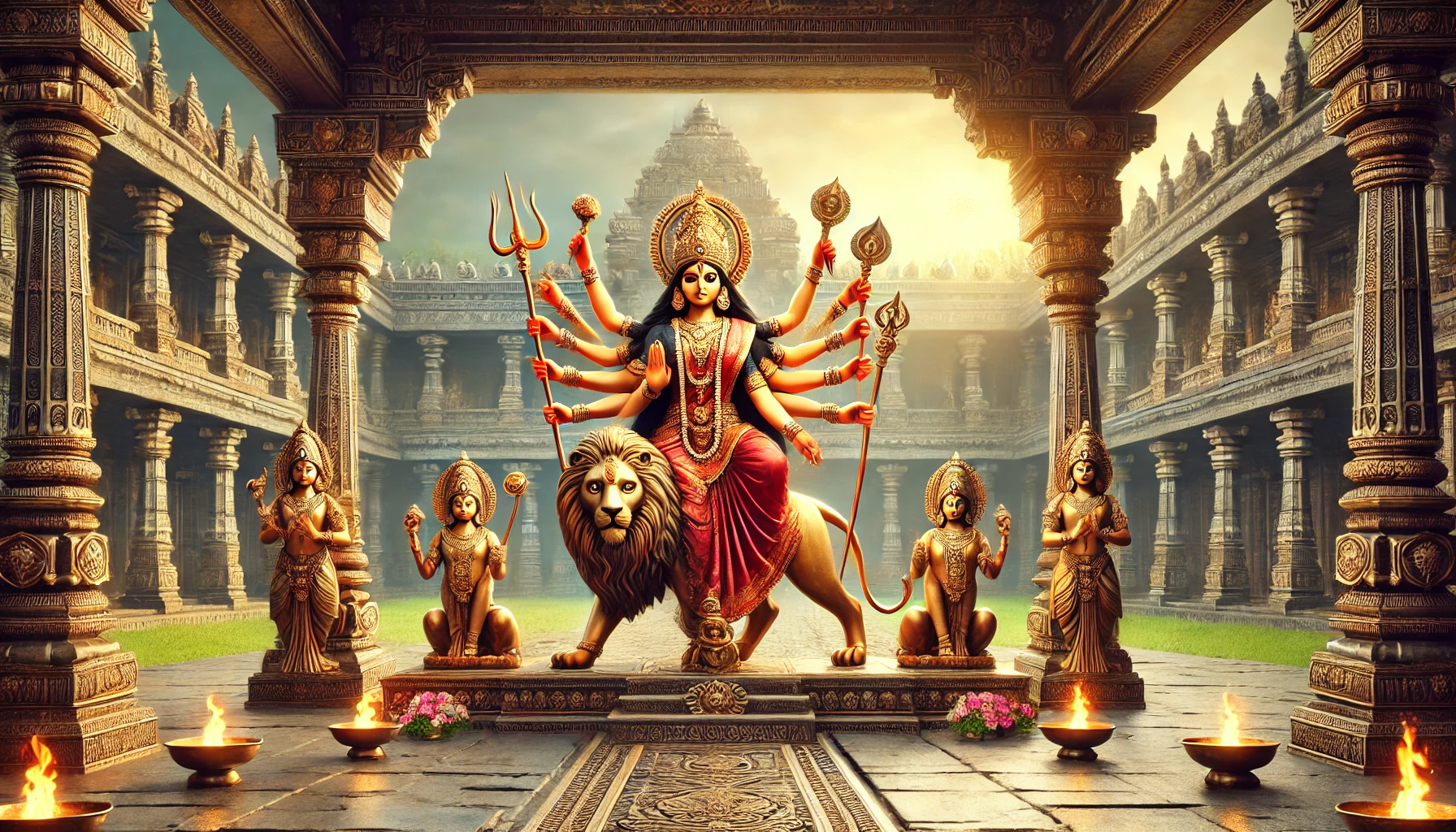
Sadhguru's reaction to the violence offers much-needed perspective in a world where religious and cultural differences continue to separate civilisations. His message extends beyond the immediate context of the attacks on Durga Puja celebrations, expressing a worldwide need for harmony among all communities. Sadhguru provides a thorough grasp of a difficult problem by delving into the cultural background of Durga Puja, its spiritual value, and the importance of respecting various faiths.
Understanding the Cultural and Spiritual Meanings of Durga Puja
Durga Puja is more than just a festival; it celebrates the divine feminine and the triumph of good over evil. It has enormous cultural and spiritual significance for Hindus, especially in India and Bangladesh, where millions gather to honour Goddess Durga. The event lasts many days and features elaborate ceremonies, music, dance, and the building of intricate goddess idols, which are then plunged in water as a symbolic gesture of returning heavenly energy to its source.
Sadhguru's discourse emphasises the depth of devotion that surrounds Durga Puja. For the Hindu community, the festival is more than just a custom; it is an expression of their spiritual connection, a time for communal gathering, prayer, and celebration. As a result, the attack on these idols is seen as an attack on their faith, culture, and basic identity, rather than simply vandalism. Sadhguru's response to these occurrences focusses on re-establishing that connection and promoting a greater awareness of the cultural significance of religious activities.
Sadhguru says in his message that every religious tradition has deep cultural and spiritual roots, and attacking or disrespecting these roots causes not only physical but also emotional and psychological suffering. In this view, the destruction of Durga idols is more than just a monetary loss; it is an act that undermines a community's harmony and tranquilly by instilling dread, division, and mistrust. But Sadhguru emphasises the value of forbearance in the face of such provocations. Instead of retaliating with rage or further violence, he advocates for spiritual resilience and a firm commitment to peace.
The broader implications of religious conflict
According to Sadhguru, the attacks during Durga Puja are a symptom of a greater problem: religious intolerance, which has plagued nations for generations. While these acts of violence may appear to be isolated, they have far-reaching consequences. Religious disputes, particularly those between Hindus and Muslims, are not new, and they are frequently the result of long-standing historical, political, and social tensions. In today's globalised world, these conflicts can swiftly grow, generating waves that affect not only the specific communities involved, but also society as a whole.
Sadhguru's thoughts on this subject extend beyond the details of the Bangladesh occurrence. He argues that religious conflicts, wherever they occur, stem from a fundamental misunderstanding of spirituality. When people identify too deeply with a specific belief system or religion, they frequently lose sight of the common humanity that unites us all. According to Sadhguru, this sense of alienation is at the basis of violence, as people tend to regard others as threats to their own religious or cultural identity rather than fellow human beings.
In this context, Sadhguru's message is more than just ending violence in one area or addressing a single incident; it is a broader appeal for a rethinking of how society views religion and spirituality. He believes that true spirituality exists beyond religious identities and differences. Spirituality is really about recognising the interconnectedness of all life and cultivating compassion and understanding rather than division and anger. He explained: "If you think your religion is superior to others, you're missing the point of spirituality."
How Media Shapes Religious Narratives
Sadhguru's discourse also addresses the role of the media in aggravating religious tensions. In today's digital age, media has a significant impact on how people see religious issues. The reportage on the attacks during Durga Puja, for example, was frequently concentrated on the violence itself, exacerbating the dread and fury that such acts instill. Sadhguru warns that focussing solely on the negative side of these occurrences perpetuates a cycle of separation and mistrust.
Sadhguru advocates for more responsible and fair reporting, which does not sensationalise violence while simultaneously highlighting initiatives towards peace and healing. He believes that the media may be an effective vehicle for spreading understanding and tolerance, but only if it is handled wisely. By continually focussing on violence and conflict, the media might inadvertently widen the gap between communities. However, when used correctly, it can also serve as a platform for promoting messages of peace, unity, and compassion.
During times of crisis, individuals frequently turn to the media for advice and information. Sadhguru argues that while the media has the ability to inform, it equally has the responsibility to inspire. The media can help to shift the focus from division to unity by covering good activities such as dispute resolution, interfaith discussions, and community-building initiatives. His demand is for the media to become a tool for promoting peace, rather than a source of additional unrest.
Spiritual Leadership under Crisis
Perhaps the most essential component of Sadhguru's message is his emphasis on spiritual leadership during times of crises. In times of tension and violence, political leaders frequently struggle to provide answers that extend beyond temporary peace or ceasefires. This is where spiritual leaders can play an important role. Sadhguru thinks that spiritual leadership has the capacity to help society gain a better understanding of the basic causes of conflict and give long-term solutions based on compassion, tolerance, and mutual respect.
Sadhguru's approach to leadership is founded on the notion of inclusivity. He frequently emphasises the importance of transcending limiting identities—whether religious, cultural, or national—and acknowledging the underlying unity of all humans. In his opinion, spiritual leaders are particularly positioned to remind people of this oneness, to inspire them to look past the immediate issues and see the larger picture of common humanity.
At a time when religious tensions threaten to drive communities apart, spiritual leaders such as Sadhguru provide a message of hope. By focussing on the same qualities that all religions share—compassion, love, forgiveness—rather than the differences, they can help overcome the seemingly insurmountable gaps. Sadhguru's appeal for peace does not mean dismissing the pain and suffering caused by violence, but rather finding a means to move past it and establish a future based on mutual respect and understanding.
Building a Future Based on Peace and Unity
Finally, Sadhguru's response to the Durga Puja attacks in Bangladesh demonstrates tremendous spiritual insight. He recognises the profound harm caused by such acts of violence, but emphasises the need of not allowing these episodes to exacerbate additional separation. His call for unity, respect, and spiritual understanding comes at a critical juncture, as religious conflicts continue to pose enormous threats to global peace and harmony.
Sadhguru's message is clear: real spirituality goes beyond religious labels and differences. It is about acknowledging our common humanity and cultivating a sense of connectivity that transcends any particular belief system. In a world increasingly marked by division and strife, his teaching provides a roadmap to a future in which peace and togetherness are not just ideas but realities.
Sadhguru offers a comprehensive solution to these disputes by digging into their cultural, spiritual, and social dimensions. His emphasis on spiritual leadership, ethical media reporting, and mutual respect gives hope that, even in the midst of violence, a more peaceful and compassionate world is attainable.
Finally, Sadhguru's message is more than just healing a single dispute in Bangladesh; it is about changing how we view religious differences around the world. Through spiritual awareness, we may transcend violence and create a future based on peace, togetherness, and respect for all.



